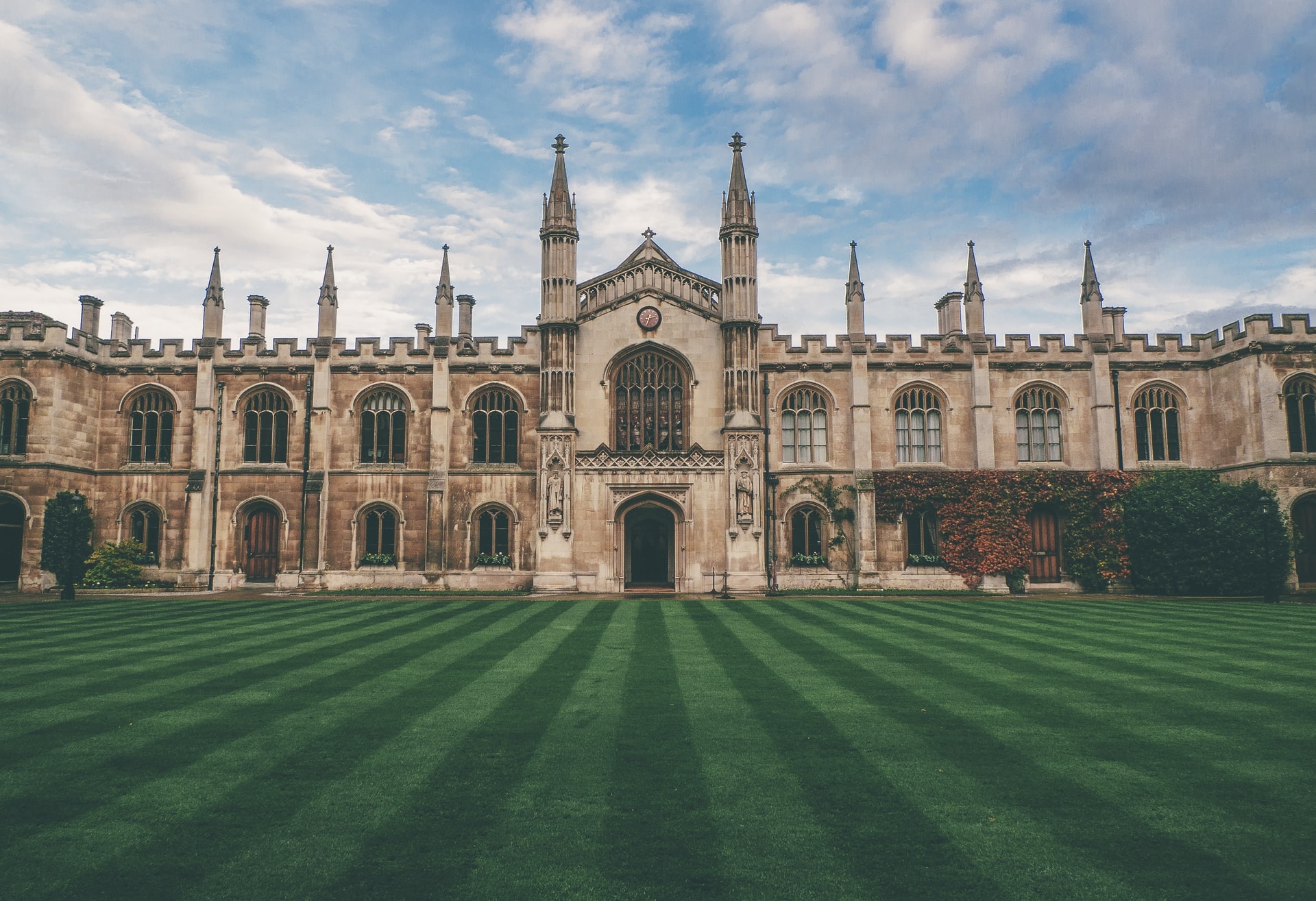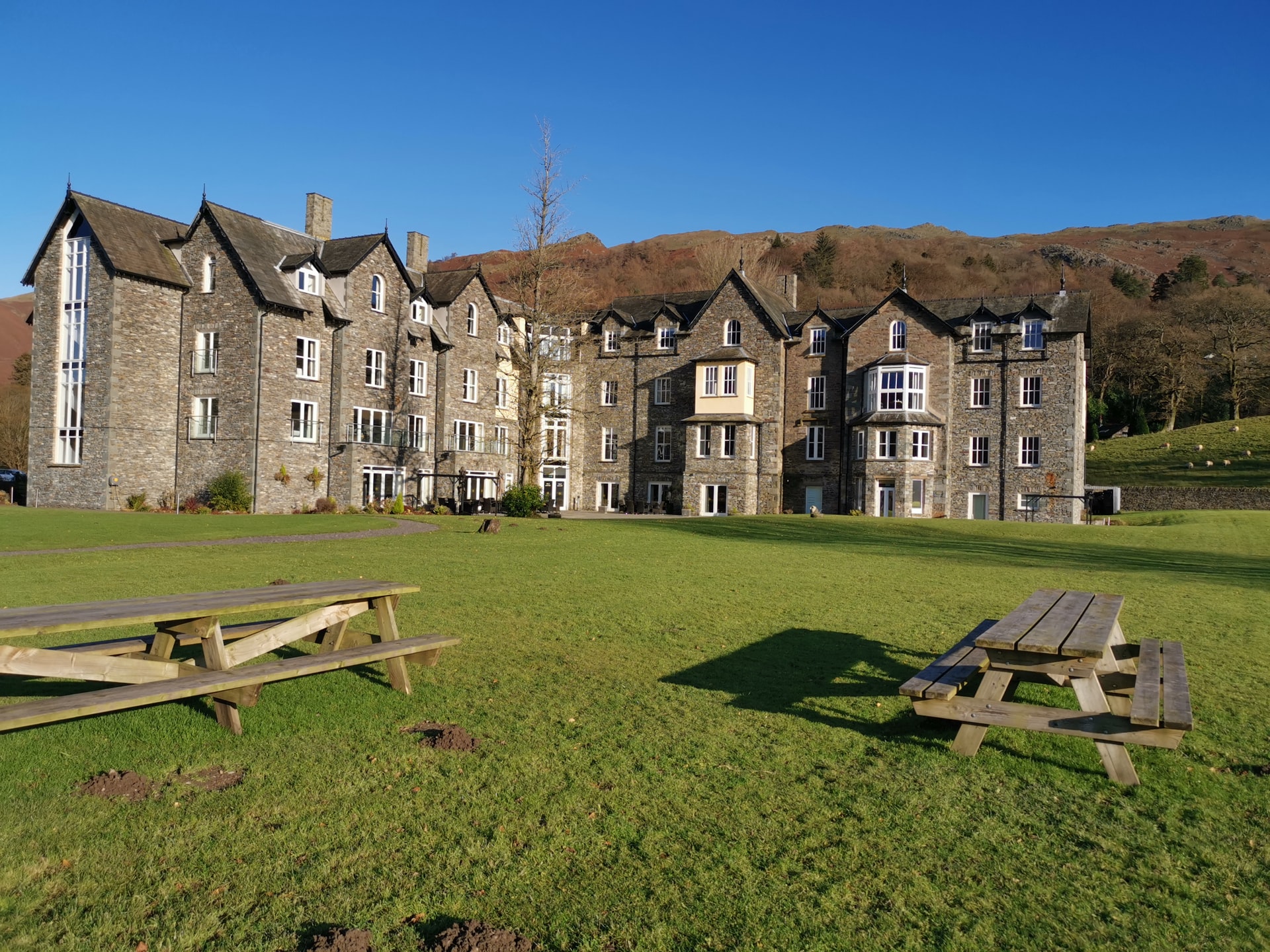What is a College?

This refers to an academic institution that does not only deliver undergraduate training but graduate training as well. Almost every college fits into a particular category. Students should understand the different types of colleges to narrow down their choices.
The most common types of colleges include:
Public colleges: These colleges are funded by state and local governments and generally appear with lower tuition rates compared to private colleges, particularly for students who’re residents of the state where the college is located.
Private colleges: These colleges depend mainly on fees, tuition, and various private sources of funding. Sometimes, students can get generous financial aid packages from private donations.
For-profit colleges: These colleges offer a broad range of degree programs that typically prepare students for a particular career. These tend to have higher costs, which means students may graduate with more debt. Credits earned at these colleges may not transfer to other colleges, and hence, applicants must check with the admission office at every college.
Four-year colleges: Here, students can earn a bachelor’s degree by completing four-year programs.
Two-year colleges: These colleges offer programs that last up to two years and lead to an associate degree or a certificate. These include community colleges, career colleges, and vocational-technical colleges.
Community colleges: These colleges provide two-year associate degrees that prepare students to transfer to a four-year college to obtain a bachelor’s degree. These also offer certificates and other associate degrees that focus on preparing students for a particular career. These colleges are usually a cost-effective option with relatively low tuition.
Career and vocational-technical colleges: These colleges offer specialized training in a particular career or industry. Some possible programs of study include dental hygiene, firefighting, and culinary arts.
Liberal arts colleges: These colleges offer a wide base of programs in liberal arts that includes areas such as mathematics, languages, history, literature, and life sciences. Most of these are private and offer four-year courses that lead to a bachelor’s degree. Liberal arts colleges can prepare students for graduate study or for a variety of careers.
In addition to these, some colleges focus on a particular student population of interest. These include single-sex colleges, arts colleges, religiously affiliated colleges, and specialized-mission colleges.
While most private colleges and all public colleges are coed, some private colleges are particularly for men or for women. Arts colleges focus on the arts. Besides the regular coursework, these colleges offer training in areas such as music, photography, fashion design, or theater. Some private colleges are associated with religious faith. HBCUs (historically black colleges and universities) fall under specialized-mission colleges and focus on educating African American students.






